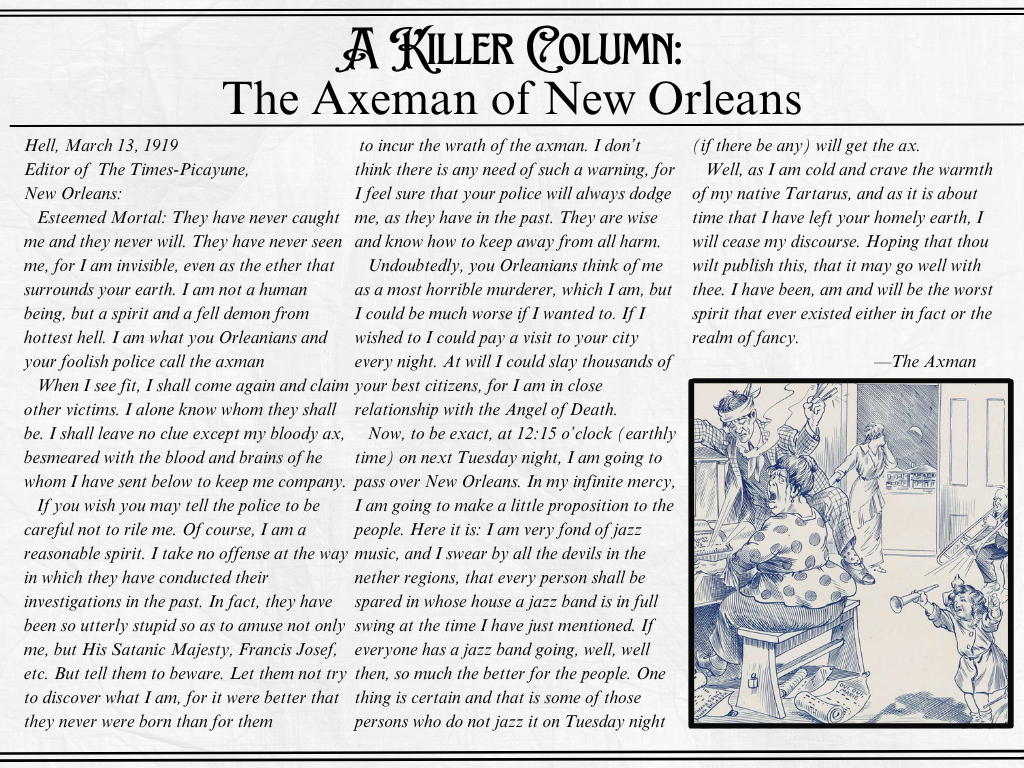While fire alarms sounded in Walker Hall early Wednesday, Caleb Fenn’s mind focused more on the sentence he had to write on the board in Spanish class.
The senior political science major was not alone in his reaction, as he said many students simply assumed the university was testing alarms.
Though some students reacted and exited slowly to the alarm, Charles Holloway, a professor of world languages, said he thought his class responded quickly.
“They were quite willing to vacate the classroom in an orderly manner,” Holloway said.
Fire alarms sounded in Walker Hall both Tuesday and Wednesday mornings. Though both appeared to be simple alarm malfunctions, they highlighted the need for students and faculty to react promptly.
Lieutenant Donald Duncan said the police department will get a phone call or immediate notification from the office’s alert system in the case of a fire alarm. As soon as this call comes in, a unit is dispatched to the location.
Duncan said police will still show up even after multiple alarms or when they know of a glitch.
“We treat each and every notification as if it’s the real thing,” Duncan said.
Before signaling an all-clear message, officers will do a complete walk-through of the building.
However, if officers detect any smoke or strange smell, ULM PD call the fire department to come out and check.
They often encounter glitches with the alarm technology, but insist on the same reaction regardless.
“Treat every alarm as if it’s real,” Duncan said.
Weather events can cause the alarms to be more sensitive and sound even if the event of no fire. Some of the self-sustained alarms also run off of batteries that can cause glitches and false alarms.
“Some of the smallest things can set them off,” Duncan said.
Duncan also said students should heed professor’s instructions and remain aware of the situation even after evacuating the building.
If a certain alarm experiences numerous glitches, police might inform the instructor of special instructions.w
If students notice something the police don’t, they should inform police of any observations that could help.
“We can all make this process a lot smoother and clear it up a lot faster,” Duncan said.
Some students believed the fire alarm in Walker Hall early Wednesday was a test.
These students were some of the last to evacuate the building.
Duncan said students who hesitate to act put their lives in jeopardy.
He also said that alarms going off without a fire event can be a good thing, because everyone “should know that they’re working.”
“It’s when you don’t hear them and something happens, we should all be concerned,” Duncan said.
He also said students should respect fire alarms and realize they are placed on campus for a reason.
Despite being an annoyance to some, the alarms exist to warn students, faculty and staff of possible fire dangers.






